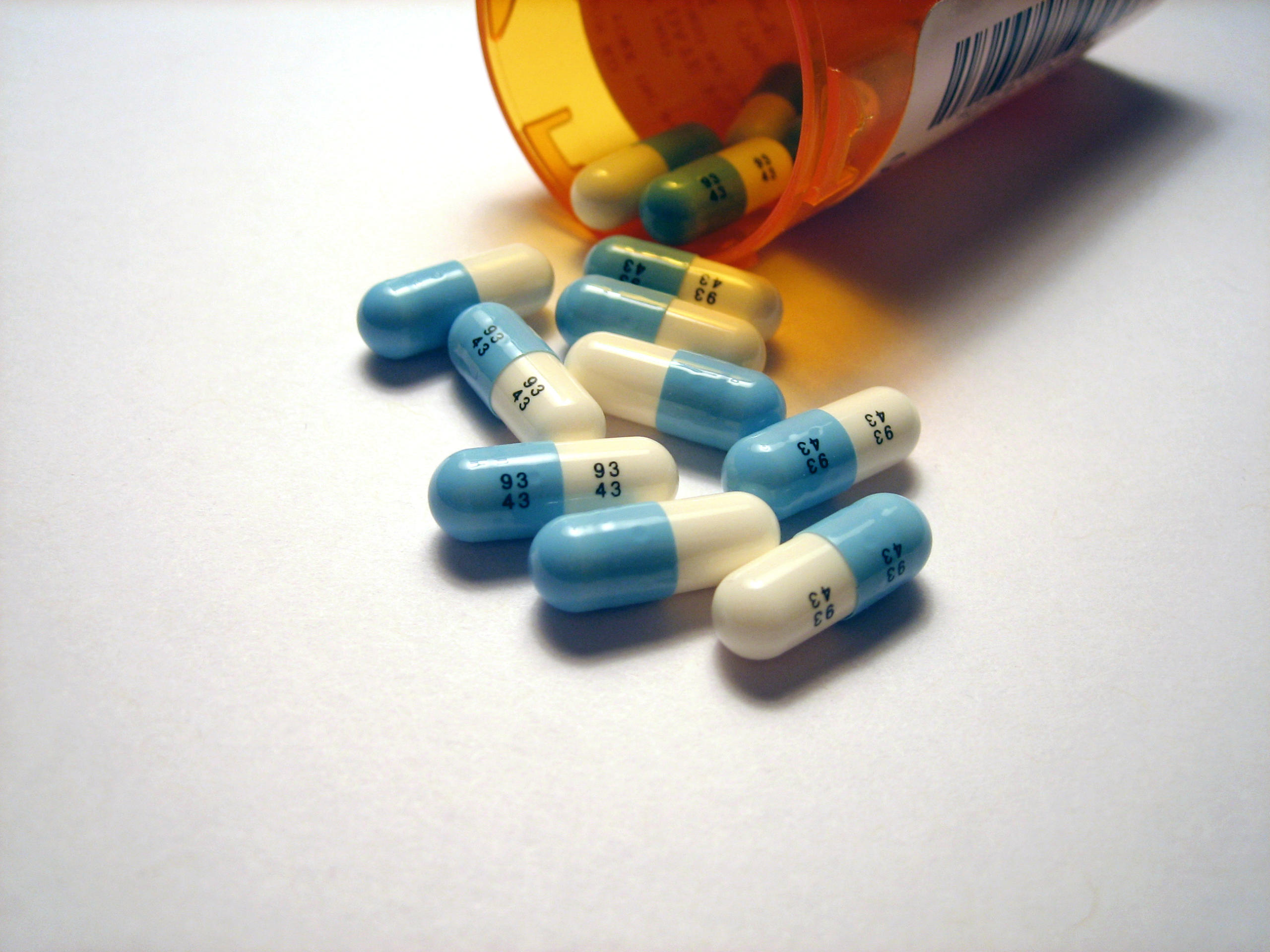
Low blood sugar, called hypoglycemia, occurs in over 90 percent of people with type 1 diabetes (T1D). It can usually be detected early on, with symptoms such as sweating, fatigue, hunger and/or irritability. In that case, people can eat or drink a fast-acting carbohydrate—like juice or glucose tablets—to bring the blood sugar back to healthy range. In very low blood sugar, however, a person can experience additional incapacitating symptoms, including difficulty speaking, confusion and blurred vision. In rare cases, people with T1D have seizures or enter into a coma. It is one of the most feared and acute complications in this disease.
A major reason for the increased hypoglycemia in T1D is that the individual’s ability to sense and counteract against a falling blood sugar level is blunted by a previous episode of hypoglycemia. This then results in deeper hypoglycemia and creates a vicious cycle of more frequent and serious hypoglycemic episodes. This clinical syndrome has been termed “hypoglycemia associated autonomic failure” or HAAF. HAAF occurs quickly (several hours) after an episode of hypoglycemia in T1D and can reduce critical defenses against subsequent hypoglycemia by 50 percent. But Stephen Davis, M.B.B.S., with a grant from Breakthrough T1D, has a clinical trial that, if successful, will provide novel and potentially transformative oral therapy to preserve and enhance defenses against hypoglycemia and prevent HAAF.
His laboratory has demonstrated that 6 weeks of Prozac (fluoxetine)—a drug that is used for depression and other mental health disorders—can safely and effectively increase responses to a single episode of hypoglycemia in T1D. Additionally, he has demonstrated that the naturally occurring hormone, DHEA, can also prevent HAAF in non-diabetic individuals. These exciting findings, however, have not been tested during repeated hypoglycemic studies or during typical day-to-day activities in T1D, until now.
This study could provide a safe and effective daily oral therapy, when used along with insulin, that would allow people with T1D to confidently implement strategies to lower their blood sugar, without the serious risk of life-threatening hypoglycemia.
Approximately 64 individuals with T1D will be recruited, ages 18 through 50. If you are interested in participating, please contact Maka S. Hedrington, M.D., at 410-706-5623 or mhedrington@som.umaryland.edu.